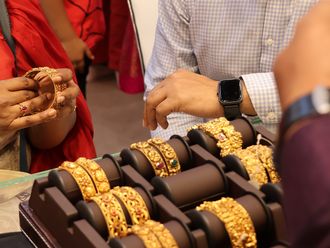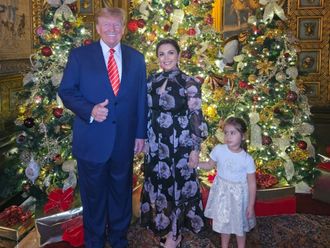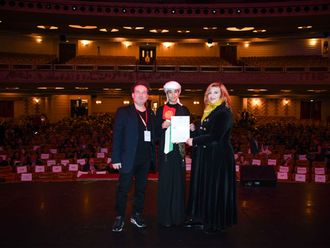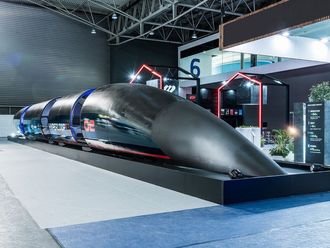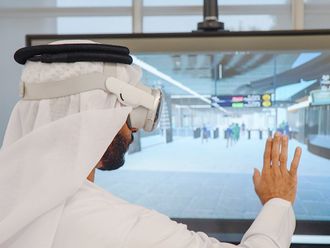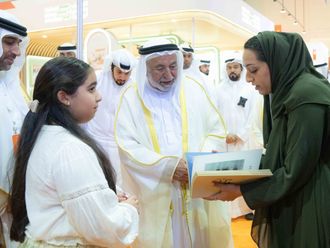U.S. President George W. Bush's statement yesterday warning uncooperative countries in its war against terrorism that America is ready to take action by itself has drawn strong reactions in Manila even from the relatively U.S.-friendly Philippine defence establishment.
Defence Secretary Angelo Reyes, during a congressional hearing on the impending U.S.-Philippine military exercises, responded to queries on his reaction to Bush statement by saying that Manila would not allow the U.S. to impose its anti-terrorism policies without the consent of the Philippines.
"We will not allow the U.S. to impose their will on us," Reyes told members of the House of Representatives. "We will not allow ourselves to be used by them as we are a self-respecting and sovereign state."
During his State of the Union address, Bush warned countries which are unwilling to help the U.S. in its fight against terrorism. "Make no mistake about it. If they cannot act, America will," Bush said while mentioning early in his speech the Philippines as one of the countries where extremist groups thrive.
One of the Philippine lawmakers interpreted Bush's words to mean the U.S. would force other nations, including the Philippines, to cooperate in its anti-war campaign.
But Reyes said: "It depends how you react to that statement (of Bush). The U.S. will pursue their national interest and we will pursue ours."
Bush statement further added tension to the already intense debates both in the legislative chambers and the so-called "parliament of the streets" concerning the likely involvement of U.S. troops in the campaign against the southern Philippines-based Abu Sayyaf.
Since news of the arrival of American troops surfaced in December, anti-U.S. demonstrations have been a daily occurrence around the country.
The harsh words from the American leader also drew condemnation from former Philippine president Fidel Ramos.
"Bush must be supplied with more accurate information on the country," he said moments before he left for Jakarta to attend a regional meeting of non-government organisations.
The military exercises, which suffered several delays over wranglings by American and Philippine officials on "ground rules" concerning the conduct of the war games, is set to open formally today in southern Zamboanga City.
During the congress hearing yesterday, Lt. Gen. Diomedio Villanueva, Philippine military chief, said the exercises, code named "Freedom Eagle" will commence "despite the lack of terms of reference."
Despite the opposition of several left-leaning groups and a few nationalists, most Filipinos favour the presence of U.S. troops in the country, according to a survey.
Our Basilan Correspondent adds: At least 27 more U.S. soldiers arrived yesterday in the southern port city of Zamboanga on the eve of the opening of the joint Philippines-U.S. war games, but Muslim residents are apprehensive about the presence of American forces.
The soldiers arrived onboard a U.S. Air Force C-17 Globemaster cargo plane at the Zamboanga City international airport.
Bush's statement draws strong ire from Manila
U.S. President George W. Bush's statement yesterday warning uncooperative countries in its war against terrorism that America is ready to take action by itself has drawn strong reactions in Manila even from the relatively U.S.-friendly Philippine defence establishment.


